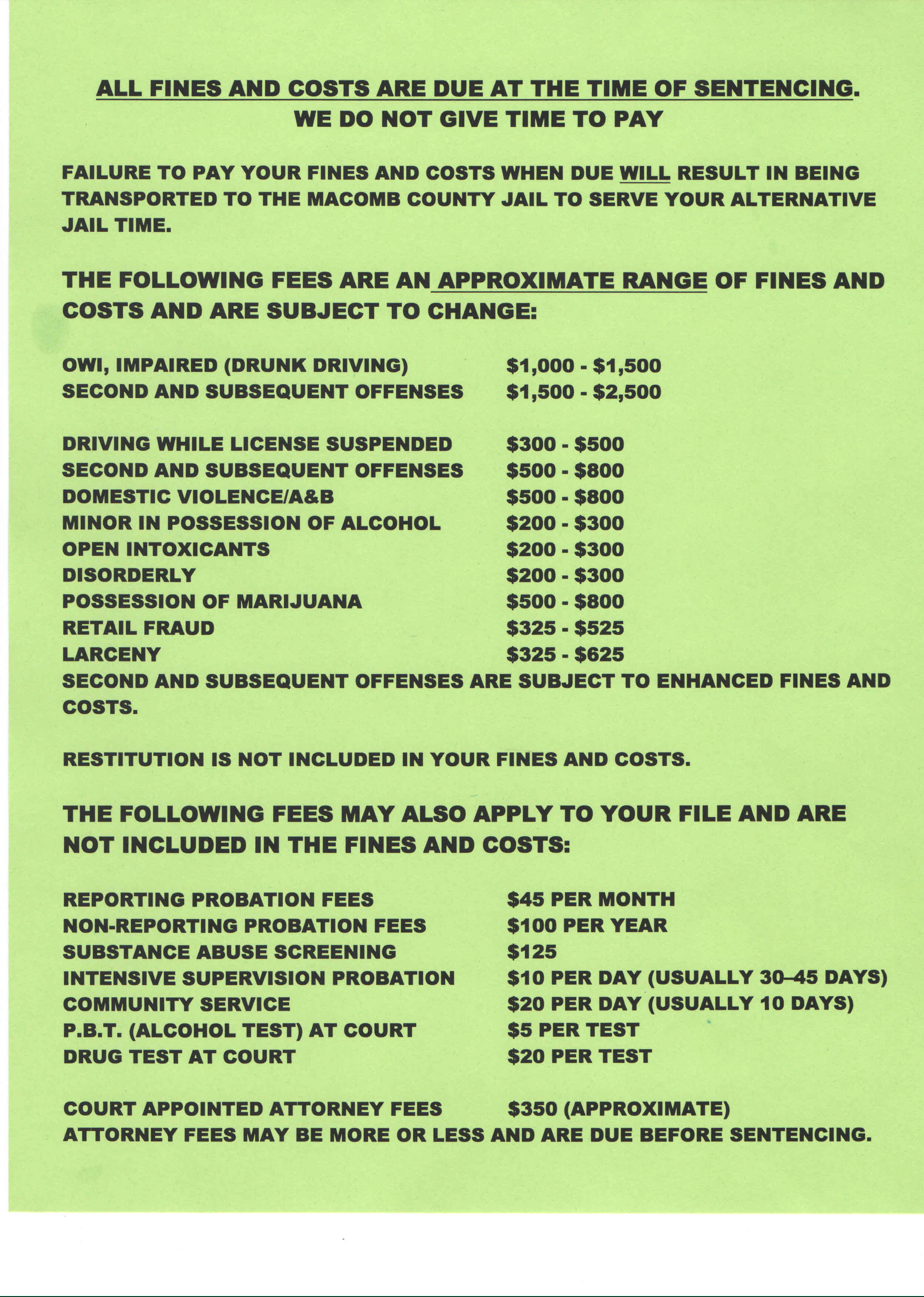![bus-driver-scs-software-s928876[1].jpg](https://www.michigancriminallawyer-blog.com/files/2015/02/bus-driver-scs-software-s9288761.jpg)
This is part 1 of a 5 part series which is dedicated to the topic of driver’s license restoration cases in Michigan. In this extensive series, I provide insight as to how our attorneys build a strong foundation of positive evidence which will moderate or diminish the bad choices that resulted in a license revocation. In Part 2, I explain some preliminary matters and documents which are necessary in a driver’s license restoration case. In Part 3, I discuss the stage where we will organize documents, schedule the hearing and review pertinent questions which will be asked at the hearing. In Part 4, the hearing stage of a Michigan driver’s license restoration case is examined. In Part 5, I discuss the possible decisions by the hearing officer and the appeal option to circuit court for a person who loses a Driver License Appeal Division (DLAD) hearing. Our Macomb County lawyers are able to provide this information after many years of representing clients before the DLAD who have a license revocation due to multiple drinking and driving convictions.
The process to restore a license in Michigan is complicated. Most of our clients have waited several years before taking the first step in the Michigan driver license restoration process. In addition, we know that they have paid thousands of dollars to the courts, attorneys, substance abuse counselors and to the State of Michigan. Many others avoid the appeal process altogether because of misconceptions, financial problems or other obstacles. All too often we meet clients who are eligible for a Michigan license restoration but they continue to drive illegally resulting in extended periods of revocation. This is why a person who is eligible for a hearing before the DLAD should consult with a qualified lawyer to discuss his or her rights. Often, our firm will take on proactive clients several months before the eligible hearing date. We use this time to provide a client with relevant advice, planning and a strategy so that we are well prepared when the minimum revocation period expires.
Continue reading ›
 Michigan Criminal Lawyer Blog
Michigan Criminal Lawyer Blog


